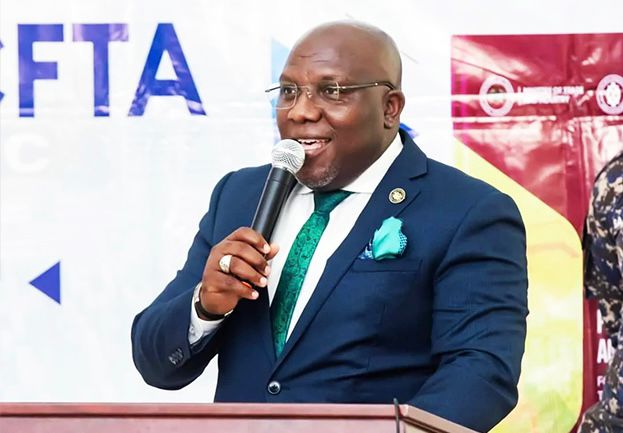The ongoing process to remove Chief Justice Gertrude Esaaba Torkonoo has sparked controversy and raised concerns about potential political motivations. Seth Acheampong, a former Eastern Regional Minister under the previous New Patriotic Party (NPP) administration, has characterized the proceedings as a “coordinated political script,” alleging that the petitions and the subsequent inquiry appear orchestrated by the current government. This claim introduces a layer of political intrigue to the situation, suggesting that the removal attempt may be driven by partisan interests rather than genuine concerns about the Chief Justice’s conduct.
Acheampong’s assertion that the petitioners were “coached” and the entire procedure “rehearsed” implies a deliberate and calculated effort to undermine the Chief Justice. This accusation raises questions about the integrity and independence of the process, potentially jeopardizing public trust in the judiciary. If the allegations are true, it would suggest a manipulation of legal mechanisms for political gain, a dangerous precedent that could erode the foundations of democratic governance and the rule of law.
The former minister’s warning that this precedent could “come back to haunt” the ruling party in the future underscores the potential long-term consequences of such actions. He argues that the politicization of judicial processes creates a volatile environment where similar tactics could be employed against future officeholders, regardless of their political affiliation. This cyclical pattern of politically motivated attacks on judicial figures could destabilize the judicial system and undermine its ability to function impartially.
The petitions against Chief Justice Torkonoo allege various improprieties, but she has vehemently denied these accusations, characterizing them as either outright fabrications or misinterpretations of her actions. This stark contrast in perspectives further complicates the situation and fuels the ongoing debate about the true motivations behind the removal attempt. The Chief Justice’s defense adds another dimension to the narrative, portraying her as a potential victim of a politically motivated campaign to discredit her and remove her from office.
The implications of this case extend beyond the immediate fate of Chief Justice Torkonoo. The controversy raises broader concerns about the independence of the judiciary and the potential for political interference in judicial processes. A politically compromised judiciary can undermine the rule of law and erode public trust in the fairness and impartiality of the legal system. The accusations of orchestrated petitions and coached witnesses raise fundamental questions about the integrity of the process and the potential for abuse of power.
Ultimately, the outcome of this case will have significant ramifications for the future of Ghana’s judicial system. If the Chief Justice’s removal is perceived as politically motivated, it could set a dangerous precedent, emboldening future attempts to manipulate the judiciary for partisan gain. Conversely, if the process is deemed fair and transparent, it could reaffirm the independence of the judiciary and its ability to withstand political pressure. The case serves as a critical test of Ghana’s democratic institutions and its commitment to upholding the rule of law.














